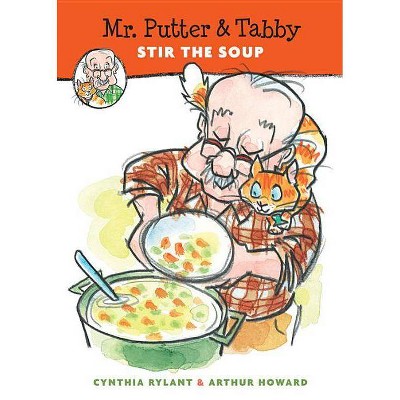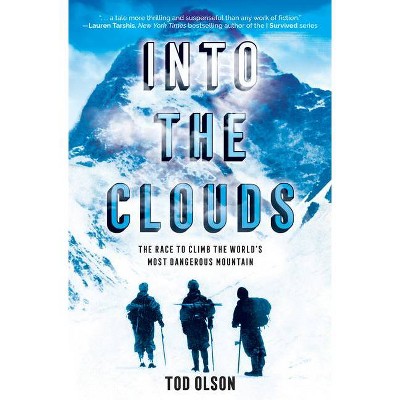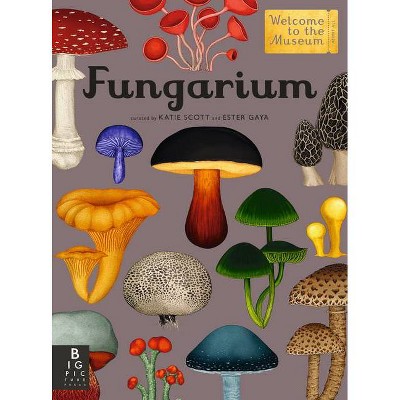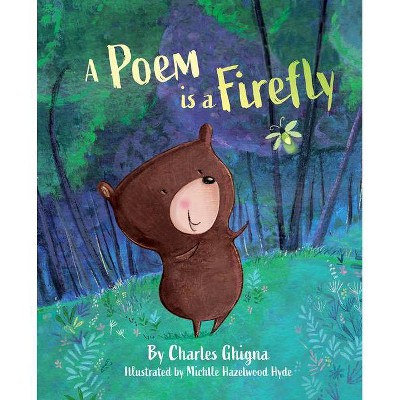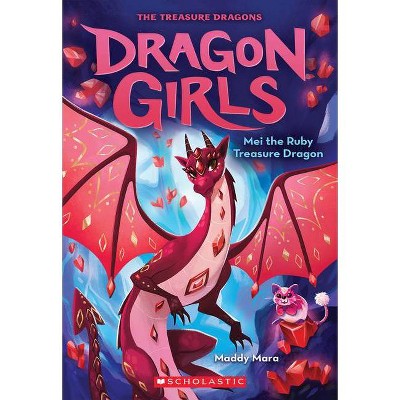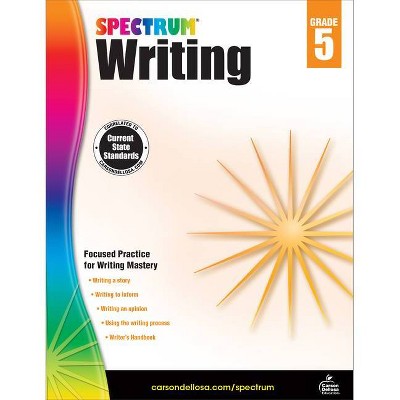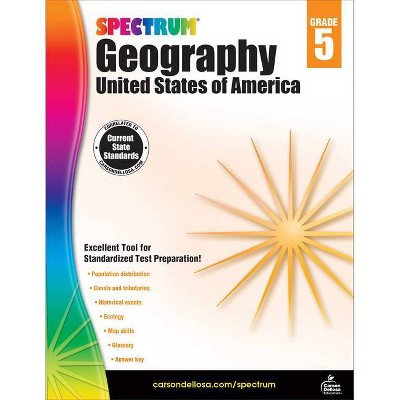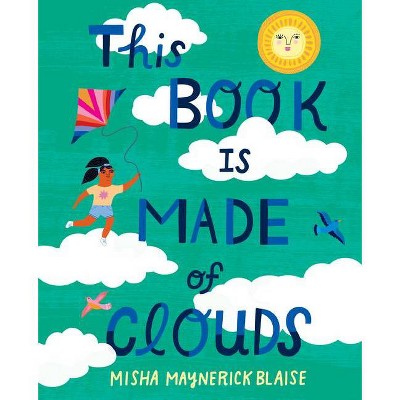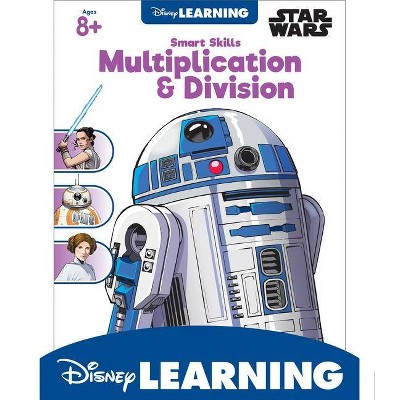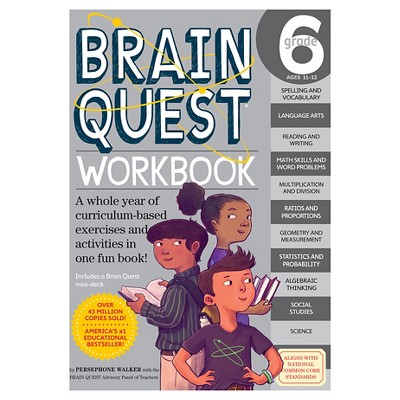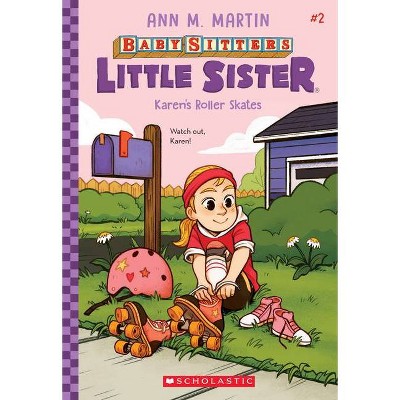No Way, They Were Gay? - (Queer History Project) by Lee Wind (Paperback)
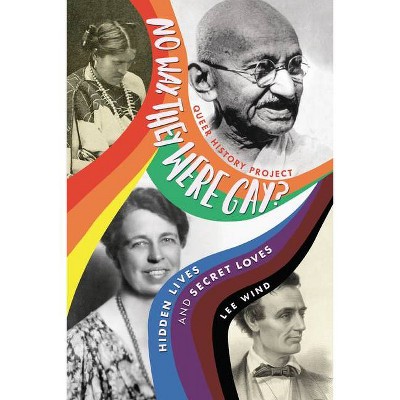
Similar Products
Products of same category from the store
AllProduct info
<p/><br></br><p><b> About the Book </b></p></br></br>"History has often ignored men who loved men, women who loved women, and people who lived outside gender boundaries. Lee Wind examines primary source letters, poems, and more to rethink the lives and loves of historical figures"--<p/><br></br><p><b> Book Synopsis </b></p></br></br><p>History sounds really official. Like it's all fact. Like it's definitely what happened.<strong><br /> <br /> </strong>But that's not necessarily true. History was crafted by the people who recorded it. And sometimes, those historians were biased against, didn't see, or couldn't even imagine anyone different from themselves.<br /> <br /> That means that history has often left out the stories of LGBTQIA+ people: men who loved men, women who loved women, people who loved without regard to gender, and people who lived outside gender boundaries. Historians have even censored the lives and loves of some of the world's most famous people, from William Shakespeare and Pharaoh Hatshepsut to Cary Grant and Eleanor Roosevelt.<br /> <br /> Join author Lee Wind for this fascinating journey through primary sources--poetry, memoir, news clippings, and images of ancient artwork--to explore the hidden (and often surprising) Queer lives and loves of two dozen historical figures.</p><p/><br></br><p><b> Review Quotes </b></p></br></br><br><p>Stating in an introduction that 'history was crafted by the people who recorded it, ' particularly those in power, Wind notes that much remains unknown about the lives of 'men who loved men, women who loved women, and people who lived outside gender boundaries'--the topics covered in this book. <strong>Using primary sources to frame an alternative historical narrative, and asking readers to form their own conclusions, Wind sets out to fill some of those gaps, focusing primarily on the same-sex relationships or nonbinary identities of 12 well-known public figures</strong> such as Mahatma Gandhi, M'e Mpho Nthunya, Eleanor Roosevelt, Bayard Rustin, William Shakespeare, and We'wha. B&w photos and a mix of heavy fonts give the layout a dated look, but speech-bubble annotations easily convey contextual information throughout this accessible introduction to 'hidden' queer history. Wind includes a helpful explanation of terms; source notes list primary and secondary sources.--<em>Publishers Weekly</em></p>-- "Journal" (5/3/2021 12:00:00 AM)<br><br><p>A lighthearted celebration of select LGBTQ+ individuals throughout history.<br /> <br /> 'History was crafted by the people who recorded it, ' writes Wind as he endeavors to 'reclaim the queer history' of 12 individuals (and, tangentially, about a dozen more). Wind's spotlight shines on those whose stories he deems 'earth-shaking surprises, ' ranging from Pharaoh Hatshepsut (1495-1458 B.C.E.) to Lesotho storyteller M'e Mpho Nthunya (1930-2013). Chapters provide helpful historical context before diving into the figures' lives--and, importantly, loves. Throughout, Wind is careful to use correct or historically accurate pronouns (or, in the case of uncertainty, the singular <em>they</em>). Deftly weaving in primary sources (in bold text), cheeky sidebars, and his own narrative observations as a gay man, Wind keeps the tone conversational and playful. Open-ended questions allow readers to draw their own conclusions--a particularly nice touch for those histories that rely on speculative details. Though Wind is upfront about some racist or problematic attitudes, his rosy picture of Abraham Lincoln makes for an inconsistent treatment. Nonetheless, the careful (though not comprehensive) selection of figures achieves a rare sense of balance. The three overarching categories--'Men Who Loved Men, ' 'Women Who Loved Women, ' and 'People Who Lived Outside Gender Boundaries'--each cover four people of varying identities (including race and ethnicity). Unfortunately, the separation based on gender results in an unnecessarily binary organizational scheme.<br /> <br /> <strong>Entertaining, illuminating, and an accessible antidote to dominant histories.</strong>--<em>Kirkus Reviews</em></p>-- "Journal" (2/15/2021 12:00:00 AM)<br><br><p>I'm learning about Quiltbag and much else from Lee Wind's splendid collection of LGBT terms, back stories, and biographies of historic figures. This work serves not only to educate everyone who reads it, but also to help LGBT youth feel seen, to know people like them exist in the world, and to have role models that are among the most revered of leaders. Do I wish I'd had this in junior high school? You bet! --Dr. Judy Grahn, author of <em>Another Mother Tongue: Gay Words, Gay Worlds</em></p>-- "Other Print" (12/22/2020 12:00:00 AM)<br><br><p>People can't see what isn't culturally visible--that's why queer history is so necessary, not just as a one-off, but as a perennial part of a culture's story. In <em>No Way, They Were Gay?</em>, Lee Wind revisits famous figures of US and world history, delves into primary sources, and reassesses what's made legible about people's sexual and gender identities when the present and past are allowed to collide.<br /> <br /> The book is divided into three categories: men who loved men, women who loved women, and people who lived outside of gender binaries. Wind provides one of the best explanations for the necessity of these expansive categories: while his system acknowledges the problems of applying modern terms to the past, it also encodes the complexity of human experience around gender and sexuality in ways that create continuity with the present, and that reverse queer historical erasure.<br /> <br /> From Gandhi to Eleanor Roosevelt, Wind doesn't shy away from revealing his subjects in their full complexity. A fellow traveler and guide on a journey of discovery, Wind calls out the shadow sides of those profiled, as well as what's laudable. His book transmits rare facts and firsthand accounts with a sense of joyous wonder. It also encourages readers to come to their own conclusions about the facts provided. Each chapter closes with some iteration of the question, 'What do you think?' Even in regards to his own book, Wind emphasizes that history is an interpretative place that requires critical thinking.<br /> <br /> <strong>At a time where issues of social justice are often deemed either overinflated or 'solved, ' Lee Wind makes a powerful case that queer historical erasure is an ongoing issue</strong>.--<em>Foreword Reviews</em></p>-- "Website" (3/1/2021 12:00:00 AM)<br><br><p>What's that you say? Abraham Lincoln was gay? No way! Uh, way! declares Wind, asserting Lincoln was, indeed, gay, as were 11 others he profiles: 3 men, 4 women, and 4 individuals who lived outside gender boundaries. Some of them are well-known--Shakespeare, Eleanor Roosevelt--others, not so: for example, M'E Mpho Nthunya and We'wha. How does Wind know all of them were gay when none of them is living? That can be difficult, since sometimes homophobic history has, Wind points out, erased evidence of some people's sexual identity. Happily, to correct that, he has searched out primary-source materials--letters in the cases of Lincoln, Gandhi, and Roosevelt; autobiographies (Catalina de Erauso and Sarah Churchill); anthropological field notes (We'wha)--and a clutch of secondary sources, usually books by those who weren't present, like, Wind acknowledges, this one. Nevertheless, his book is <strong>solidly written, well-documented and organized</strong>, and illustrated with period photos and portraits. On the whole, it's <strong>a modest, well-intentioned contribution to gay history.</strong> It's also going to inflame passions, so be prepared for controversy.--<em>Booklist</em></p>-- "Journal" (3/15/2021 12:00:00 AM)<br>
Price History
Price Archive shows prices from various stores, lets you see history and find the cheapest. There is no actual sale on the website. For all support, inquiry and suggestion messagescommunication@pricearchive.us
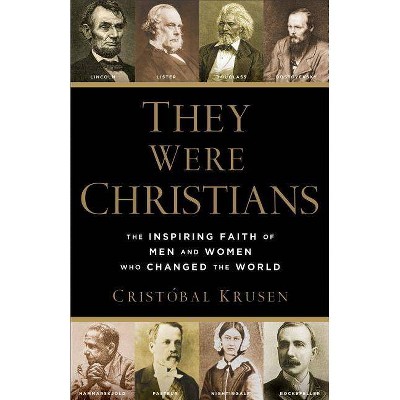
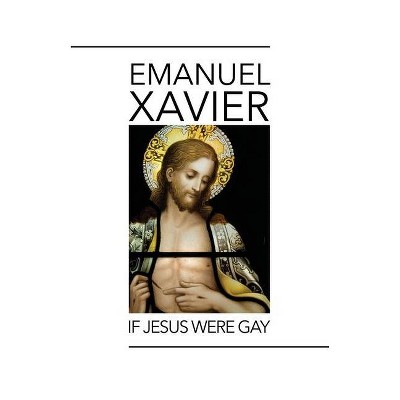
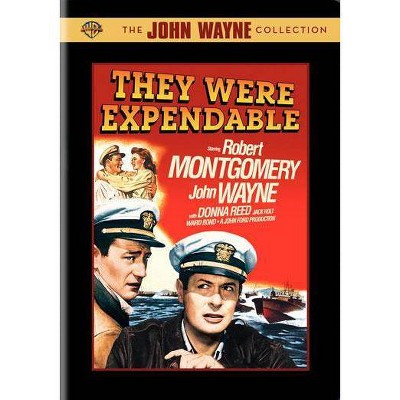
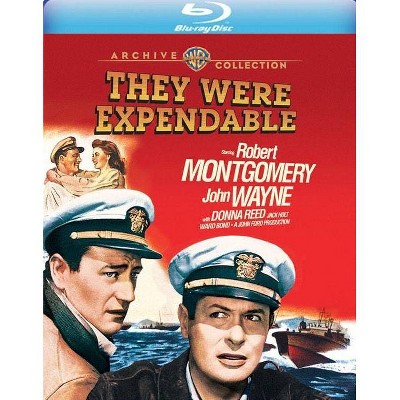
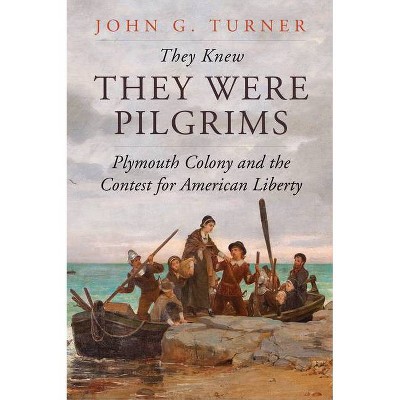
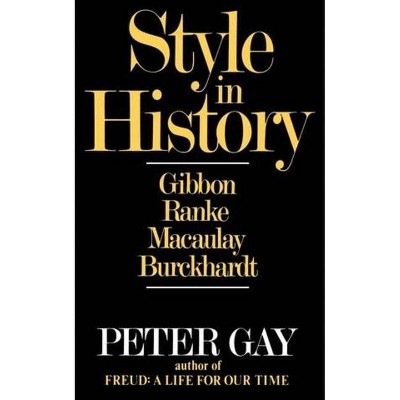
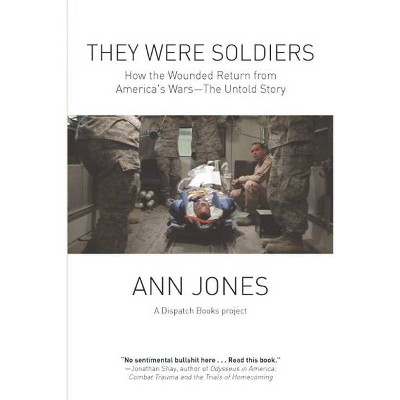
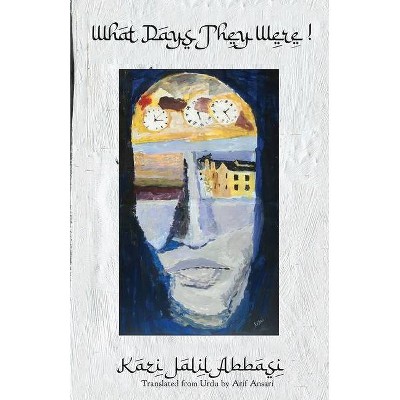
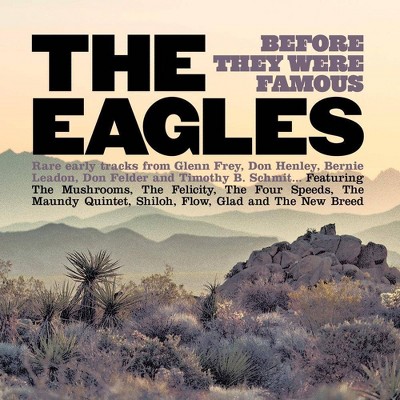
![And So They Were Married [DVD] [1936]](https://pisces.bbystatic.com/image2/BestBuy_US/images/products/2544/25445568_so.jpg)
